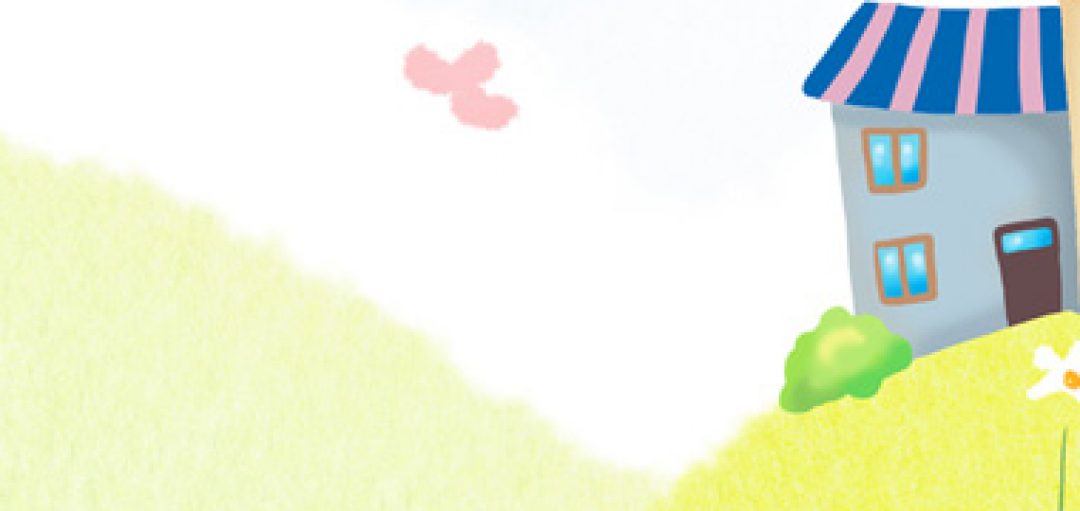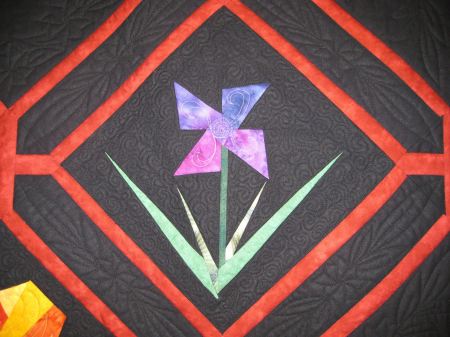 I just wrote a post on Day 13, ranting about the medical establishment ignoring natural health discoveries. I even hinted that perhaps the drug companies covertly operated smear campaign against herbal remedies or simple diet adjustments that would heal cancer. Really this is the popular opinion of many of us.
I just wrote a post on Day 13, ranting about the medical establishment ignoring natural health discoveries. I even hinted that perhaps the drug companies covertly operated smear campaign against herbal remedies or simple diet adjustments that would heal cancer. Really this is the popular opinion of many of us.
A fellow writer on BlogCatalog, Neel Joshi happens to be a medical researcher and he presented his inside view of what happens in a research lab.I am not ready to concede ALL of my points but he does reveal many common misconceptions about modern medicine.
Neel Joshi:
Modern medicine uses what we call an “evidence-based” approach. People do research, and we use the results of scientifically rigorous (and peer-reviewed) experimentation to guide treatment. This means that while interesting (and sometimes worth investigating further), anecdotes are not sufficient to change the general treatment approach.
That said, each patient is different, and believe it or not, doctors realize this. There is no one single best way to treat cancer (after all, cancer isn’t just one disease), but there *is* data to support certain treatment modalities.
It is true that doctors do make mistakes (they are human after all). Darin’s story seems like a prime example. Darin, I am sorry for your loss. I hope you will continue to share your story with others as a reminder that there is no replacement for being proactive, and being well-informed about your health is an important part of that.
To address your conspiracy theory head-on, let me say this. I personally do research on cancer (gliomas, to be precise). I work at an academic research institution. None of the research that I or my lab does is funded by a pharmaceutical company. That’s not how the system works. If we were to find a cure (for anything, no matter how small), we would be thrilled, there would be papers (and follow-up papers) written ad naseum on the subject. The truth is, medical research is time-consuming and often frustrating. Cells are living things, and rarely behave the way you expect. So while people might think that we’ve poured all this time and effort and perhaps have little to show for it (which isn’t true at all, actually), let’s bear in mind that the process is perhaps not as simple as you might think.
ME: The drug companies don’t study healing plants because they cannot patent a plant or make money from it.
Neel Josji: Disagree entirely. While you can’t patent a plant, you CAN patent a process to extract a drug from a plant. You can patent a process to synthesize the drug de novo. If there’s something out there worth buying, don’t underestimate people’s ability to make a buck off of it.
As for dismissing folk antidotes, I didn’t mean to do that at all. But these things need to be studied properly and tested before they can be a part of mainstream medicine. That’s just the nature of how it works because the medical profession has a duty to “do no harm” and it’s usually safer to treat with things we have studied than things we haven’t.
Neel’s blog is



Thanks for the plug =)
If this is a topic of interest to you, I’d be happy to continue the discussion either in the comments here, on BC, or via email. While I admit that I will instinctively rush to the defense of my fellow scientists, I definitely do have some gripes with the way research is handled (though I’m not entirely sure that I can offer a solution). Perhaps that will be the subject of a future post on my blog.
LikeLike
my pleasure
you are open and honest, without a hidden agenda-+ most of what the public seems bash researchers
LikeLike